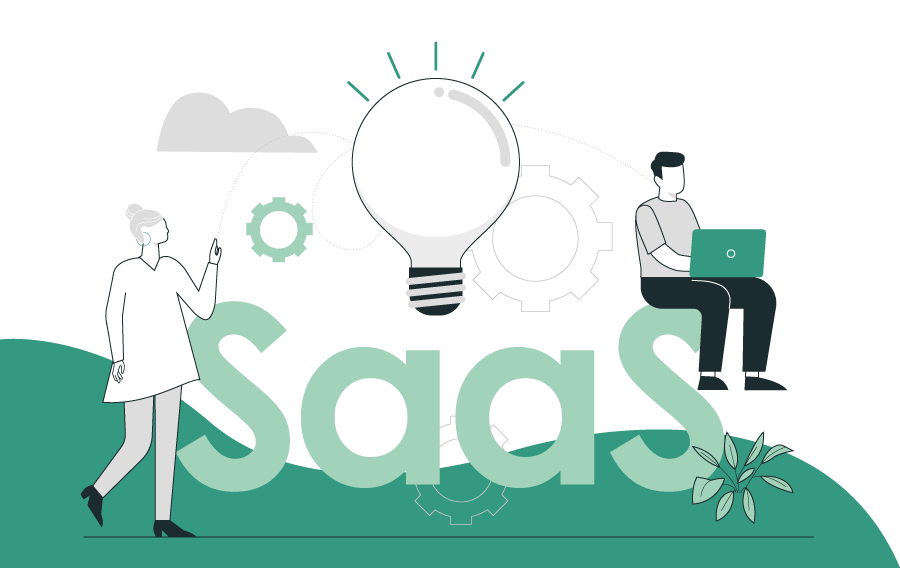The First Five Hires That Make or Break Your SaaS Startup

Starting a SaaS company is an exciting mix of ambition, pressure, and potential. You’re building something from scratch—hopefully something scalable, sticky, and meaningful. But before product-market fit or your first 100 customers, there are a few foundational choices that will shape the trajectory of your company more than any marketing strategy or tech stack ever could. And no decision is bigger than your first five hires.
-
The Technical Co-Founder or Lead Engineer
Unless you’re a developer yourself, this is the keystone hire. You need someone who doesn’t just write clean code but understands scalability, architecture, and the inevitable messiness of iteration. A technical co-founder brings more than engineering chops—they bring ownership.
Find someone who embraces change, not just tolerates it. The product will pivot. The roadmap will stretch. Deadlines will slip. You want a partner who can stay steady while shipping scrappy solutions and planning for scale.
This hire also sets the tone for the engineering culture. Whether you end up with a high-output builder culture or a research-heavy dev org often starts with this very person.
-
The Product Generalist
Your SaaS idea may be clear in your head, but translating it into a usable, lovable product is a different challenge. That’s where a product generalist comes in. Think of someone who understands users deeply, can prioritize ruthlessly, and knows when to say “no” even when everyone else is saying “yes.”
Early product folks wear many hats—customer researcher, UX tester, roadmap manager, internal translator. They thrive in ambiguity and constantly balance vision with pragmatism. This person helps you keep the product aligned with real customer needs, not just founder assumptions.
-
The Founding Marketer (Think Strategist, Not Just Executor)
In the early stages, marketing isn’t about big-budget campaigns. It’s about identifying the right audience, finding where they hang out, and speaking to their pain in a way that earns attention.
A strong founding marketer builds credibility before your brand is known. They might spin up a landing page in the morning, test messaging on LinkedIn by lunch, and run a feedback call with your first 10 users in the afternoon.
Look for someone who thinks like a mini “growth agency for SaaS” —analytical, creative, experimental. They’ll be the one pulling insights from tiny data sets, running scrappy campaigns, and setting the stage for a scalable demand engine.
-
The First Customer-Facing Hire (Support + Success)
You don’t need a full customer success team on day one, but you do need someone responsible for user happiness. This hire acts as the bridge between your product and the real-world experience customers have with it.
They should be empathetic, patient, and proactive. They’ll answer tickets, collect feedback, spot churn signals, and, importantly, help shape your onboarding experience. When you only have a handful of customers, every relationship matters. And a dedicated customer advocate ensures none fall through the cracks.
This person will also help you find your early champions—the ones who will later give you testimonials, refer others, or help shape your roadmap.
-
The Operations Glue
Startups run fast, but speed without coordination is chaos. An early ops hire—sometimes titled Chief of Staff, Head of Ops, or General Manager—can help make your startup function like a business, not a whirlwind.
They keep projects moving, ensure communication doesn’t break down, and help founders stay focused. A great ops person is equal parts strategic thinker and detail wrangler. They thrive on structure but don’t need bureaucracy. Often, they’re behind the scenes making sure the right problems are being solved at the right time.
They can be the reason why your engineering team isn’t bogged down in admin work and why your GTM efforts don’t launch a month late.
Hire for Ownership, Not Just Skills
What binds these roles together isn’t just expertise—it’s mindset. At this stage, you want people who see your company as their own. Not just because of equity, but because they genuinely care about the outcome.
Ownership looks like taking initiative when the path isn’t clear. It means doing things outside your job description, asking the hard questions, and staying when things get tough.
These early hires don’t just shape the product. They shape the culture. They influence who you attract next. And long after the MVP is launched or the Series A is raised, their impact will still be echoing through the company.
So take your time. Look beyond resumes. Find people you trust to build with you, not just work for you.
Because your first five hires? They’re not just employees. They’re co-architects of your vision.






